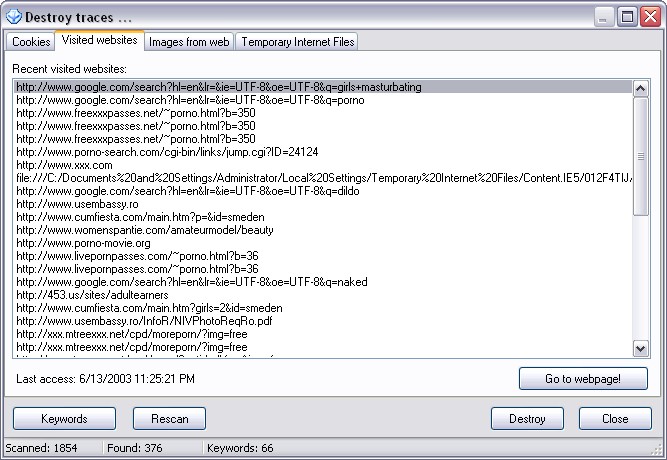



Important reminder: For this online behavioral advertising opt-out to work on your device, your browser must be set to accept cookies. When accessing online account servicing areas (after you log in), such as Online Banking or MyMerrill, you may receive tailored content and advertising based on your account relationships. Opting out also means the online content and advertising you receive on our non-servicing sites (before you log in) will be untailored and will not be based on your online behavior or your relationship with us. In addition, financial advisors/Client Managers may continue to use information collected online to provide product and service information in accordance with account agreements.
#Privacy guard security Offline#
When you opt-out, we will not use information based on online Site behavior to provide online and offline tailored content and advertising to you, but you may still receive untailored advertising from Bank of America. Regularly review contact information to ensure there aren't any unauthorized changes.Don't provide codes based on a call you receive.Be concerned if you are told to ignore warning messages, they are there for a reason.Beware of caller ID as it is not always who it says it is.
#Privacy guard security code#
While Bank of America may send you a text to validate unusual activity, we will never contact you to request that you send money to anyone, including yourself or to share a code to resolve fraud - Always validate your alerts are from Bank of America by visiting alerts history in Online Banking.They may say it's part of the process - it's not part of the process! If you do this, the scammers may be able to gain access to your account, change your bank account to their own account so the money you think you are sending to yourself, actually goes to the scammer. You'll be instructed to ignore any messages that say to never send money, and reply to suspicious activity texts confirming the money you are sending is valid. To resolve the issue, they will ask you to send money to yourself electronically, and for a one-time passcode to “secure” the account. Scammers continue to impersonate Bank of America by spoofing phone numbers and text messages to contact you claiming fraud is happening on the account.


 0 kommentar(er)
0 kommentar(er)
